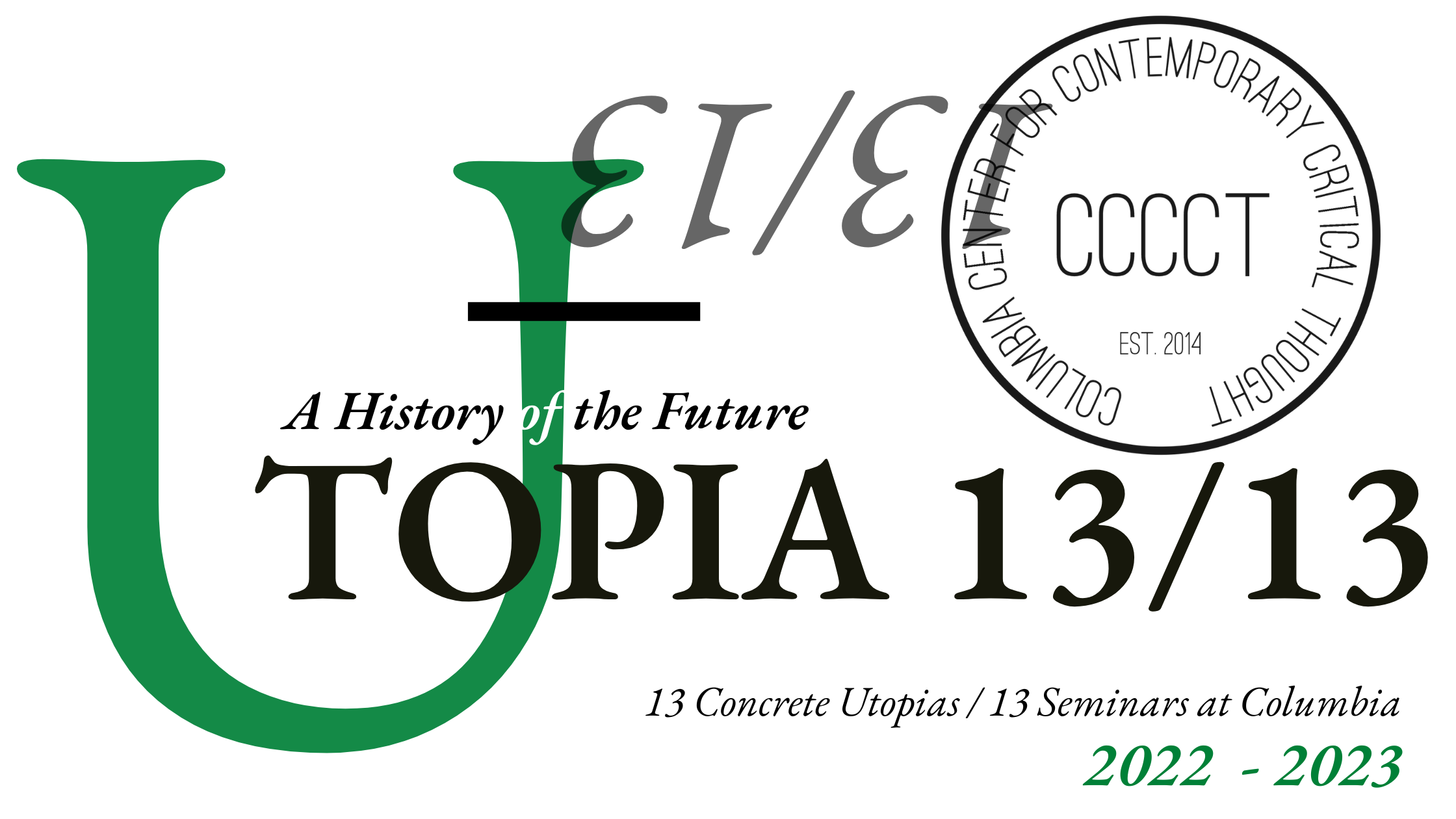From Noam Chomsky for the Utopia 6/13 seminar
I am attaching something you might circulate, particularly since it was a lecture at Columbia: the third part of the attached, on the common good. Dewey lectures from a few years ago.
— Noam
WHAT KINDS OF CREATURES ARE WE?
Noam Chomsky
LECTURE III: WHAT IS THE COMMON GOOD?
In the past two lectures, I have been looking at the closely related topics of language and thought. Close inquiry reveals, I think, that they have many striking properties, for the most part hidden from direct observation and in important respects not accessible to consciousness. Among these are the basic structure and design of the underlying computational system of the “ language of thought” provided by the internal language, the I-language, that each person has mastered, with rich but bounded scope determined by our essential nature. Furthermore, the atoms of computation, the atomic concepts of language and thought, appear to be unique to humans in fundamental respects, raising difficult problems about their origins, problems that cannot be productively investigated unless the properties of the phenotype are carefully taken into account. Inquiry reveals as well, I think, that the reach of human thought is itself bounded by the “ limits on admissible hypotheses” that yield its richness and depth, leaving mysteries that will resist the kind of understanding to which creators of the early modern scientific revolution aspired, as was recognized in various ways by the great figures of seventeenth- and eighteenth- century thought; and also opening possibilities for research into intriguing questions that have been too little explored.
I have so far been keeping to certain cognitive aspects of human nature, and thinking of people as individuals. But of course humans are social beings, and the kind of creatures we become depends crucially on the social, cultural, and institutional circumstances of our lives. We are therefore led to inquire into the social arrangements that are conducive to the rights and welfare of people, to fulfilling their just aspirations— in brief, the common good.
[Continue reading here. Published in The Journal of Philosophy, vol. 110, n. 12 (December 2013)]
